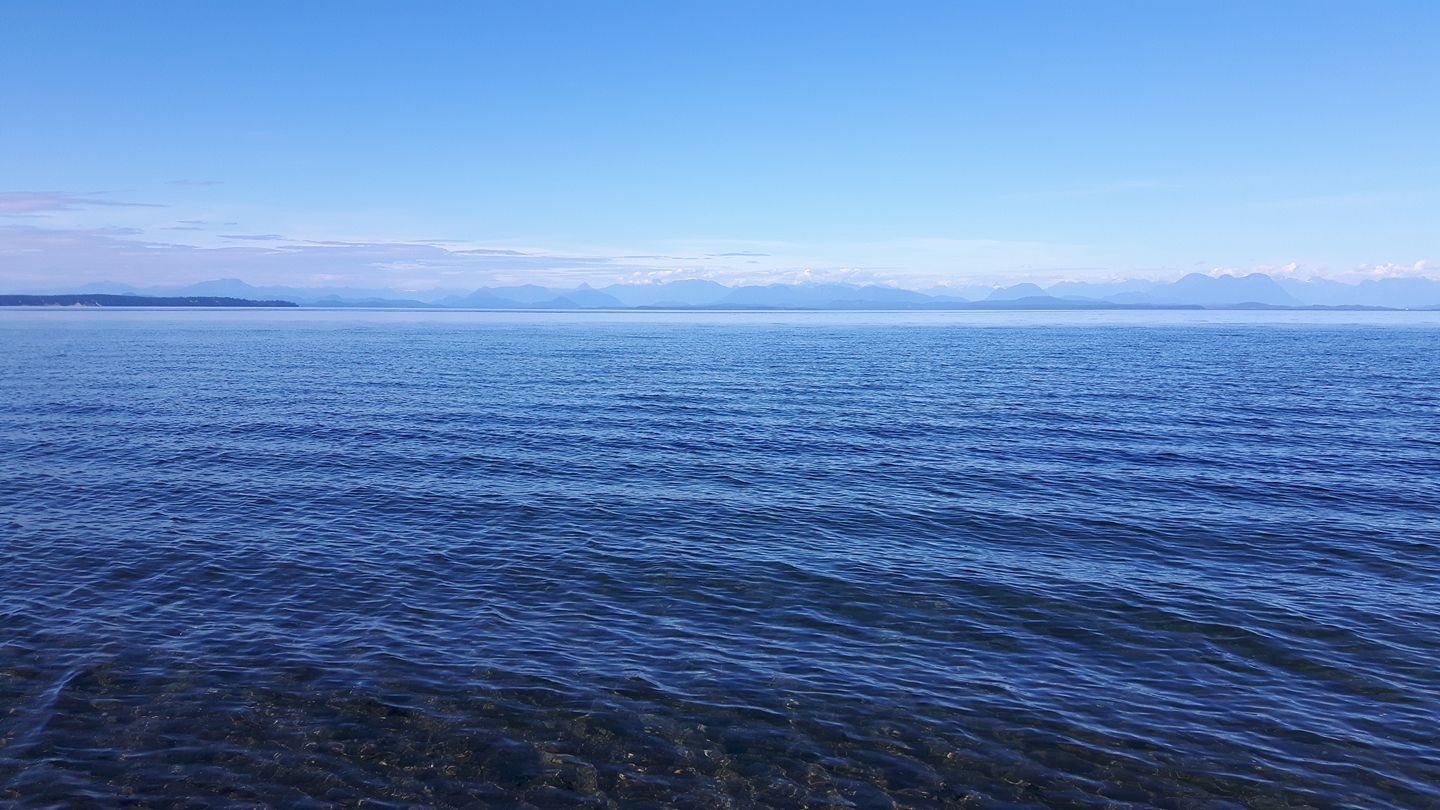Cruise ships are dumping more than a billion litres of grey water off British Columbia’s coast.
This comes from a new study commissioned by World Wildlife Fund Canada.
Grey water — the drainage from dishwater, galley sinks, and showers — may contain contaminants ranging from grease, oil and flame retardants to disinfectants, fecal coliform and micro-plastics, among other substances. Because of limited storage on vessels, it’s common practice for ships of all sizes to discharge grey water into the ocean.
The study found that ships off the cost dumped 1.54 billion litres of the stuff in 2017. That’s equivalent to more than 600 Olympic-size swimming pools.
Of that, the report found that 1.37 billion litres came from cruise ships.
“There are several environmental impacts of grey water dumping, including the potential for nutrients in the liquid to foster excessive algal growth, leading to dead zones for aquatic life,” says Andrew Dumbrille, WWF-Canada’s senior specialist, sustainable shipping. “Grey water can also contain oil and grease that suffocates fish by coating their gills, and particulate matter that chokes species like lobster, crab and sponges.”
The WWF says discharged grey water can potentially impact local ecosystems, especially along coastal areas that are more sensitive to wastewater discharges than the open ocean.
Although grey water dumping in inland waters is governed by provincial laws, regulations only cover the area within three nautical miles of the coast. Beyond that, there are no requirements for grey water to be treated or reported when discharged into the oceans.
“We urge Transport Canada to put additional regulations in place around grey water dumping. Some companies voluntarily go beyond what is required, but much more is needed across the industry. With 90 per cent of all grey water likely produced on cruise ships, transparency can help customers make a difference by supporting companies that keep ocean health in mind,” says Dumbrille.
Following on WWF-Canada’s 2018 report which found that grey water dumping in the Canadian Arctic would double by 2035, this report uses a similar methodology to highlight common B.C. coastal routes where grey water was likely released.




